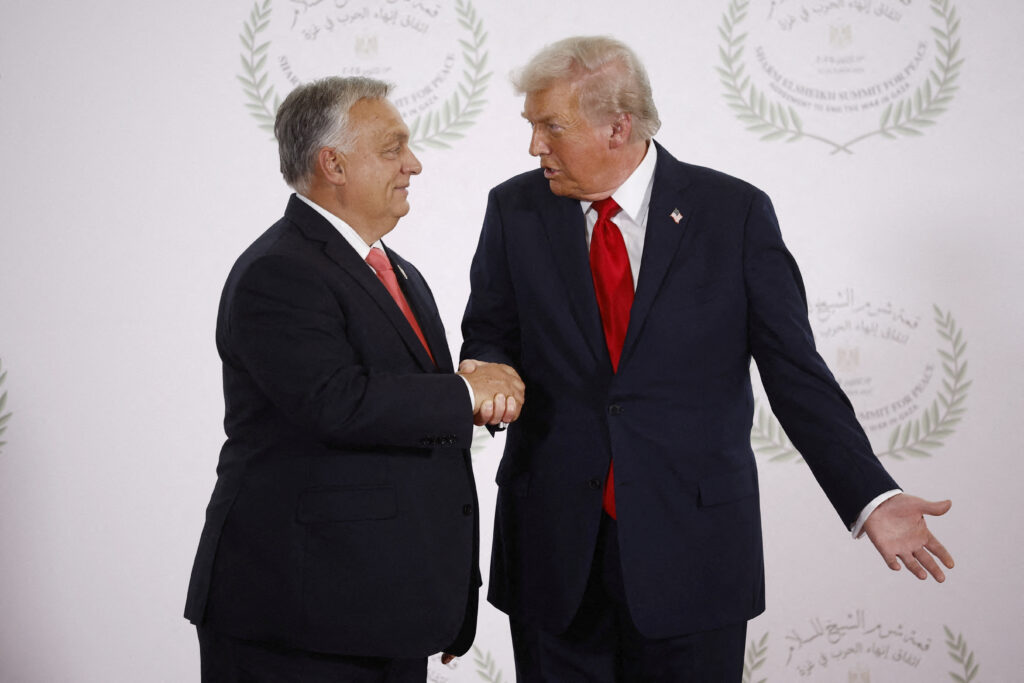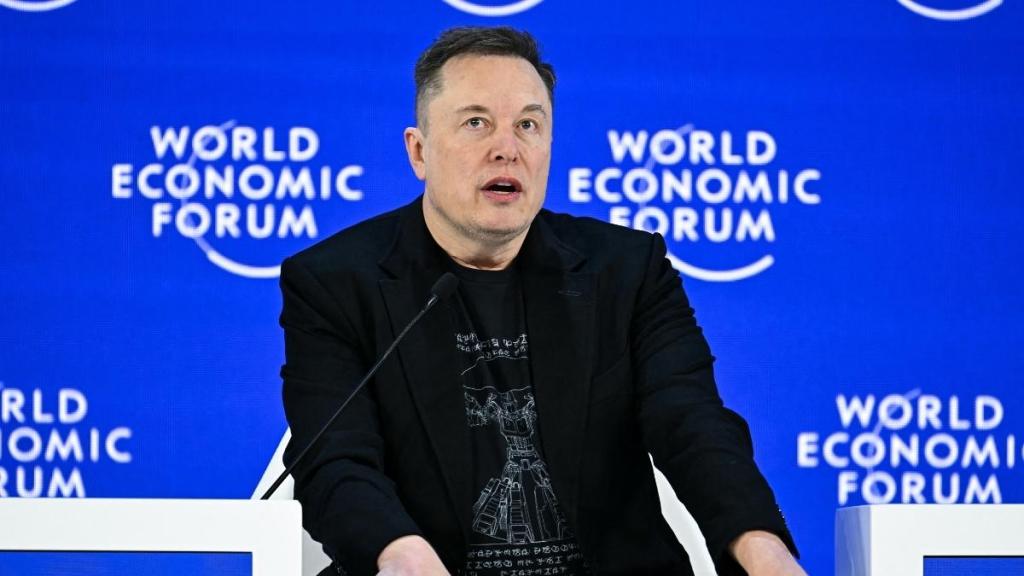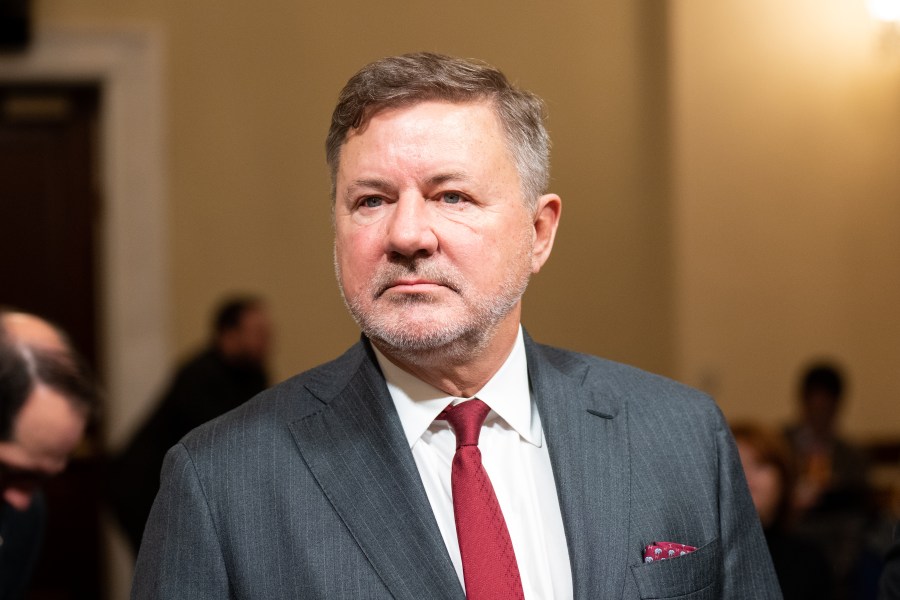On November 7, 2023, US President Donald Trump will meet with Hungarian Prime Minister Viktor Orban at the White House, where Trump has the opportunity to influence Hungary’s stance on Ukraine’s European Union (EU) accession. This meeting could mark a pivotal moment, as Orban has consistently obstructed Ukraine’s efforts to join the EU, aligning more closely with Russian interests than with those of his European counterparts.
Hungary’s position within the EU has been contentious, particularly regarding its relationship with Russia. Since the beginning of the full-scale invasion of Ukraine in February 2022, Budapest has deepened its energy ties with Moscow, contributing over €5 billion to Russian tax revenues. While other EU nations have sought to reduce their reliance on Russian energy, Hungary’s actions have positioned it as a significant outlier among member states, hindering collective EU responses.
Orban’s government has repeatedly delayed and obstructed EU-wide initiatives aimed at supporting Ukraine. The EU operates on a system that requires unanimity for key decisions, which has allowed Hungary to stall proposed sanctions against Russia and financial packages for Ukraine. For instance, Orban held up a €50 billion aid package intended for Kyiv until February 2024, only agreeing to it after receiving concessions related to frozen EU funds.
Despite these challenges, the European Commission has affirmed that Ukraine is ready to begin accession talks, stating there are “no objective reasons” for the current blockade. On November 4, the Commission reiterated that Kyiv has met the necessary conditions to advance its EU membership discussions. In December 2023, the European Council opened negotiations with Ukraine only after Orban physically left the room to prevent a veto on the decision.
As EU leaders have navigated Hungary’s obstruction, they have successfully implemented 19 rounds of sanctions against Russia, provided ongoing financial support to Ukraine, and granted Ukraine candidate status. This diplomatic achievement highlights the bloc’s commitment to standing by Ukraine, despite the considerable challenges posed by Hungary.
The upcoming meeting between Trump and Orban presents a vital opportunity for the United States to leverage its influence. While Orban is expected to seek support from Trump, particularly regarding sanctions exemptions that he claims are necessary to avoid economic collapse, the White House could use this moment to press Orban to cease his opposition to Ukraine’s EU ambitions.
Ukraine’s EU membership aligns with broader US interests, contributing to long-term stability in the region and facilitating potential commercial opportunities for American businesses. The integration of Ukraine into the EU’s single market would enhance Kyiv’s economic prospects, paving the way for increased US investment through initiatives like the US-Ukraine Investment Fund.
Trump has previously addressed Orban’s resistance to Ukraine’s EU membership during a meeting with European leaders in August. Reiterating this message in their upcoming discussion could signal to both Hungary and the EU that the United States is committed to supporting Ukraine and expects all member states to contribute positively to its accession process.
Orban’s past behavior raises questions about his commitment to change. Nevertheless, emphasizing the importance of Ukraine’s accession during the meeting would demonstrate US involvement in European security matters. It would also serve as a reminder to Hungary that the US expects cooperation in addressing the current geopolitical landscape.
The Trump-Orban meeting holds significant potential for influencing Hungary’s role in European affairs, particularly regarding Ukraine. By effectively leveraging this opportunity, the United States can reinforce its commitment to supporting Ukraine while encouraging a more unified European approach to the ongoing crisis.







